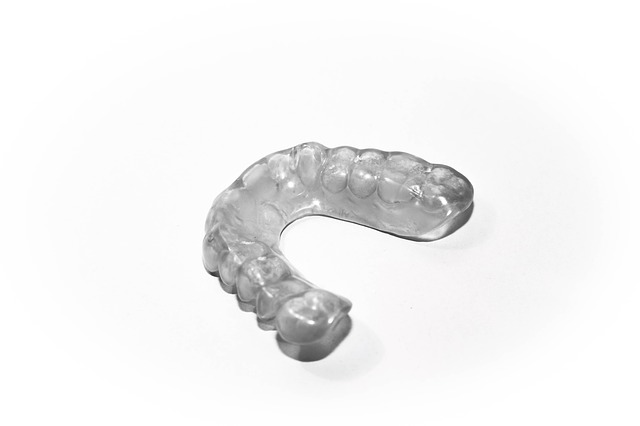Bruxism, more commonly referred to as teeth grinding refers to a condition where you consistently grind your teeth or clench your jaw tightly. It typically happens during the night while you are asleep, but in some cases, the individual grinds their teeth throughout the day as well. Either way, it is a harmful act that you do unconsciously. So what are the possible side effects?
1. Muscular pain
The muscles of your jaw will tire out from grinding for hours on end. Your neck and face may also experience pain as they are both connected to this daily or nightly trauma. Soreness as a result of grinding may just become a part of your everyday life.
2. Gum recession
Bruxism may also make your gums begin to recede due to pressure caused by the motion of grinding. It directly damages the soft tissue surrounding your teeth. Not only is this bad for your teeth, but as your gums recede your teeth will look more prominent ruining your once beautiful smile.
3. Shortening of your teeth
You can literally grind the edges of your teeth away. Your teeth can become flat which you may be able to feel with your tongue or might even be visible to you. Even worse, you can grind your teeth away to a point where it is not only noticeable but may affect other aspects of your mouth such as your bite. The grinding is essentially wearing down your teeth and ruining your classic smile.
4. Loose teeth
The constant grinding can actually loosen permanent teeth. The repetitiveness of the act can be a sort of trauma to your teeth even affecting their very roots. The associated gum recession also helps to loosen teeth. Loose teeth make it hard to chew amongst other problems. If you go so far as to actually lose a tooth, it cannot always be reconnected, particularly if the roots are damaged.
5. Tooth sensitivity
Over time your teeth can become more sensitive to hot and cold, basic dental care, and even certain foods. While some things may help, like specific toothpaste for sensitive teeth, the grinding must be stopped in order for daily sensitivity to subside.
Sleeping with a mouth guard in every night can help to prevent short-term and long-term effects of teeth grinding. Bruxism is one of the most common sleep disorders but letting it go untreated can cause permanent damage to your teeth. If you are worried that you may be grinding your teeth, contact our dental office immediately for an appointment. Don’t forget to look for Results of Grinding Your Teeth: Part 2 next month.
